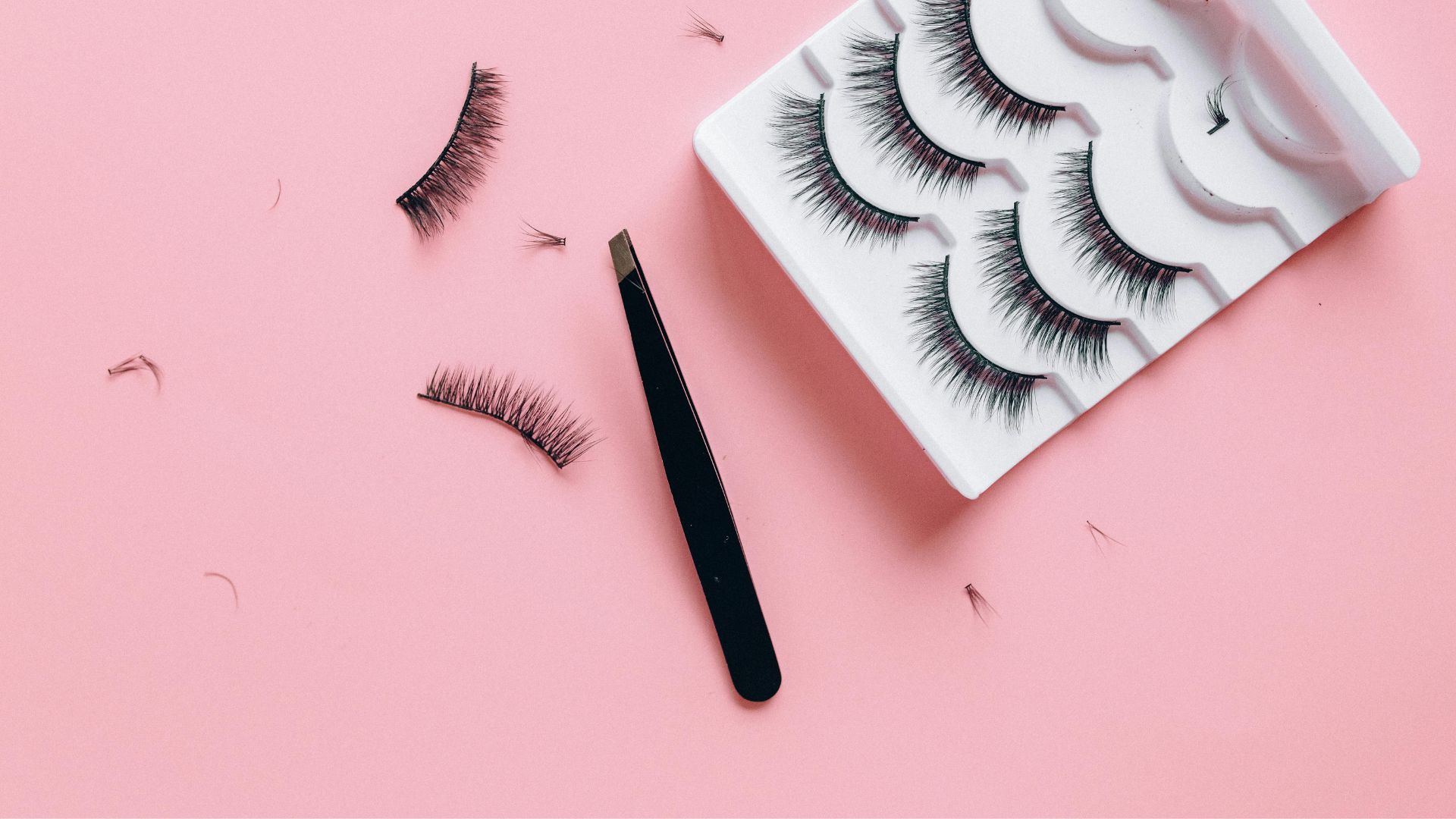For many Nigerians and West Africans, the quest for lush, stand-out eyelashes is alive and well, with faux lashes playing a key role in redefining beauty standards. From Opebi Road in Lagos to bustling streets in Accra, false lashes—also called faux lashes—have become an essential accessory for parties, weddings, and everyday slay. They promise length and volume, turning even the most modest natural lashes into a bold, dramatic statement. Available in various materials and styles—ranging from strip to individual application—these lashes demand proper care if you want to avoid lash breakage and irritation, two issues that are fairly common in our humid climates where sweat and dust abound.
Traditionally, many West African beauty salons and makeup artists used strip or cluster lashes secured with temporary adhesive. These are usually worn for hours at celebratory outings and night events, always taken off before bedtime to prevent discomfort or damage. However, new innovations have swept across both the continent and the global beauty industry. Magnetic lashes, now available in many Nigerian beauty stores, use a magnetic eyeliner or double-layer system to attach securely to your eyelid, eliminating the need for sticky glue and simplifying removal. According to Lagos-based makeup artist Chika Amadi, “Magnetic lashes offer a convenient option for people sensitive to glue or those always on the move.”
Another trending option is eyelash extensions, where individual faux lashes—often made from mink or silk—are attached one by one using a semi-permanent adhesive. This service, which lasts about three to four weeks if maintained well, saves time for busy professionals who want a “wake-up-and-glow” look without applying mascara. Strip lashes are different in that they come as a single piece but still require precise gluing along the lash line. Individual lashes, meanwhile, are meticulously fixed to each lash for a more natural, long-term effect. Because these styles are low-maintenance day-to-day but require investment upfront, experts like Abuja-based esthetician Tolu Fashola warn against overuse or neglecting aftercare, which can result in lash thinning or infection over time.
Lash Safety
In general, faux lashes are safe, but potential risks should not be ignored—especially in regions like Nigeria and Ghana where regulations around beauty products are still developing. The adhesives used in temporary lashes are not regulated by bodies such as the US FDA or Nigeria’s NAFDAC, which means the ingredients can vary and reactions are not uncommon. According to Dr. Ifeanyi Armstrong, a dermatologist based in Victoria Island, “Many adhesives contain compounds that can trigger allergies, and some brands use formaldehyde, which can irritate sensitive skin.”
Before choosing a salon for eyelash extensions, it’s important to select a reputable establishment. Always ask about the aesthetician’s experience and training, observe hygiene protocols, and request a patch test for the glue on your skin. This extra vigilance is crucial, as improperly applied lashes or dirty tools can introduce bacteria, leading to infection or even long-term lash loss. Given the rise in home-grown beauty businesses and DIY kits, the onus falls on clients to prioritize safety and insist on high standards.
Precision Over Speed
Applying extensions requires time and patience since each artificial lash must be affixed to an individual natural lash, not to clumps or multiple lashes at once. Shortcuts increase the risk of breakage and can stress the hair follicles, which is why fast or suspiciously cheap salons might not be the healthiest choice. Dr. Armstrong cautions, “Any process that feels rushed is probably being done carelessly. If lashes are glued in clusters instead of individually, they can cause fractures or stunted growth.” Use of sharp applicators also raises the danger of eye injuries—ranging from minor scratches to more severe trauma—if handled without caution. It’s advisable to keep mirrors, good lighting, and plenty of time on hand for this reason.
Healthy Lashes Need Breaks Too
Whether it’s for a bridal shoot in Abuja, a music video in Accra, or everyday style in Port Harcourt, it’s tempting to make faux lashes a permanent fixture. But experts strongly recommend taking regular breaks. Continuous use can weaken hair follicles and result in lasting lash loss. As Dr. Armstrong notes, “Problems typically arise when lashes are worn for weeks or months continuously. Moderation is key.” Long-lasting lash extensions should also stay dry as much as possible—especially in Nigeria’s tropical weather—to maintain adhesive strength and prevent bacterial buildup.
During removal, never pull lashes out by force. If extensions don’t fall off naturally, soften the adhesive in a warm shower and use an oil-free remover. Pulling or yanking can remove natural lashes along with the extensions, leading to patchiness and possible infection. Good hygiene is fundamental not just for aesthetics but for long-term eye health—especially in dusty or polluted environments.
Dos and Don’ts of Faux Lash Care
Proper lash care is non-negotiable if you want stunning results without harming your natural lashes. Below are key steps recommended by professional lash technician Nimisha Govender, adapted for the humid, bustling lifestyles of West African cities.
Dos
- Clean your lashes regularly. Use a gentle, oil-free cleanser to get rid of dust, sweat, and product buildup—common issues in Nigeria’s climate.
- Avoid mascara. Mascara can clump, damage faux lashes, or compromise their lifespan, particularly in hot, sticky environments.
- Sleep on your back. This prevents lashes from rubbing against the pillow and protects their shape overnight—a challenge for those used to sleeping on their sides due to frequent power outages and heat.
- Use lash serum. Nourish your natural lashes to help them recover between applications and grow strong enough to withstand extensions.
- Brush your lashes regularly. Keeping them untangled and fluffy is essential for daily glam.
- Be gentle around your eyes. Rubbing or pulling can introduce bacteria, loosen lashes, and irritate already sensitive skin.
- Refill your lashes regularly. Consistent fills from a trusted technician keep your set looking fresh and full without resorting to unsafe DIY fixes.
- Use oil-free makeup removers. Oil can break down adhesives—especially relevant in the tropical West African context where many traditional lotions are oil-based.
- Use water-based makeup. It’s safer for the lash line and easier to wash off at the end of a long day in the city.
- Avoid extreme heat. Hot weather or direct streams from hair dryers can soften glue, making lashes fall out more quickly than expected.
Donts
- Get your lashes wet. For at least 24 to 48 hours after application, keep eyes dry to let adhesives reach full strength—challenging but crucial during rainy season or Harmattan.
- Use oil-based products. Shea butter and coconut oil are common in Nigeria, but can weaken lash glue and cause early shedding.
- Rub your eyes. Avoid this impulse, especially after long days outdoors or during allergy season.
- Rip off your lashes. Pulling them out can damage natural lashes or even cause scarring.
- Share your lashes. Swapping beauty tools is risky; it can introduce infections or worsen irritation.
- Apply mascara to your faux lashes. Adding mascara defeats the purpose, makes cleaning harder, and shortens lash lifespan.
- Sleep on your face. This puts unnecessary pressure on lashes, leading to sooner replacements and possibly hurting delicate eye skin.
Lash Care: Products To Try
Hey Gorgeous Eye Lash Foam Cleanser
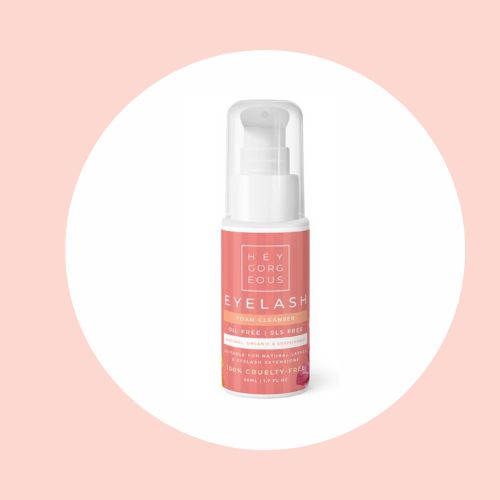
Properly cleaned lash extensions last longer—a must for West African climates where dust, sweat, sunscreen, and oil accumulate quickly. Many struggle to clean extensions due to Nigeria’s hard water or lack of specialized cleansers. Foam cleansers work by reaching between the lashes to remove dirt, dead skin, and makeup residue, minimizing bacteria growth and reducing redness or itching.
Naviblef Daily Care
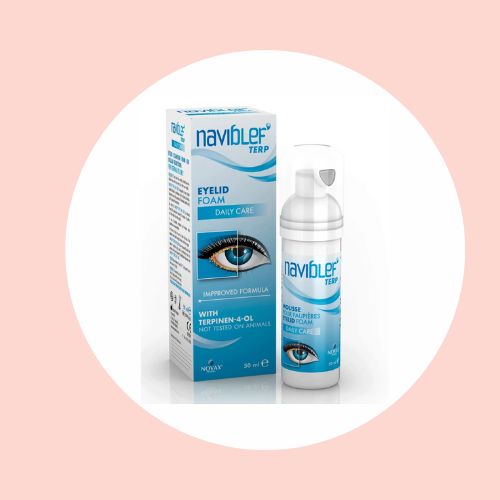
Naviblef Daily Care is a foam cleanser containing Tea Tree Oil, effective for removing oil, pollen, and other debris that can cause irritation—especially during the dry, windy Harmattan when eye issues spike. Its non-irritant, topical formula can be safely used by those prone to eye discomfort or even mild blepharitis, and is ideal for routine maintenance.
Lomansa 50 Pieces Disposable Eyelash Mascara Applicator Wand
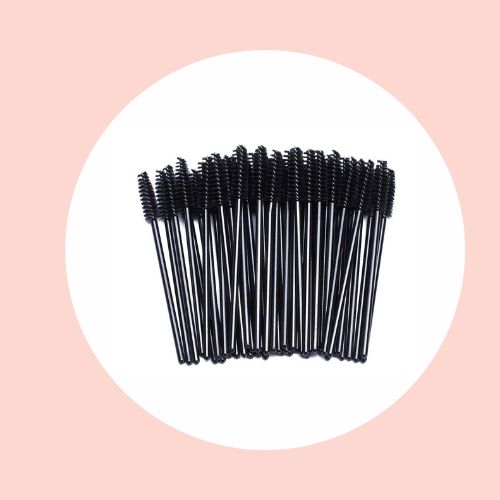
These lightweight disposable wands are perfect for keeping lashes neat and tidy, even after a long workday or a bumpy commute. They’re ideal for both at-home use and salon settings, ensuring hygiene while adding convenience for travel, events, and touch-ups—especially relevant during Nigeria’s long-wedding and festive seasons.
RapidLash Eyelash Enhancing Serum
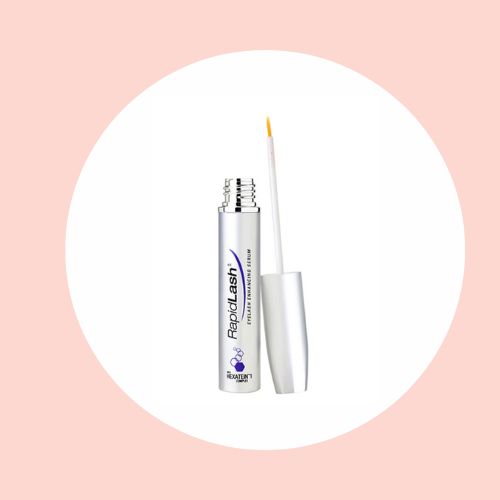
RapidLash is an award-winning serum designed to enhance lash length and fullness, suitable for men and women—whether they use extensions, wear contact lenses, or simply want to boost their natural lashes. Its gentle formula makes it adaptable for sensitive eyes, with consistent use showing results in a few weeks, as reported by beauty enthusiasts across Africa and beyond.
In summary, while faux lashes—whether temporary strips, magnetic types, or professional extensions—offer West Africans a new freedom in self-expression and confidence, safety and aftercare should always come first. Expert advice, high-quality products, and regular breaks are central to enjoying beautiful lashes without sacrificing eye health.
What do you think: Are faux lashes a beauty essential in your city, and what’s your favourite lash care tip? Drop your comments and personal experiences below—your story could help educate or inspire others!
Have a story on beauty trends, health, or anything making waves in Nigeria or West Africa? Want to share your own lash journey or cautionary tale? We’d love to feature your story—or even help you sell it! Reach out to us at story@nowahalazone.com. For questions or support, email support@nowahalazone.com.
Stay in the loop for more lifestyle, health, and beauty insights by following us on Facebook, X (Twitter), or Instagram.
What’s your view? Drop a comment below and keep the conversation going—because your voice matters!

